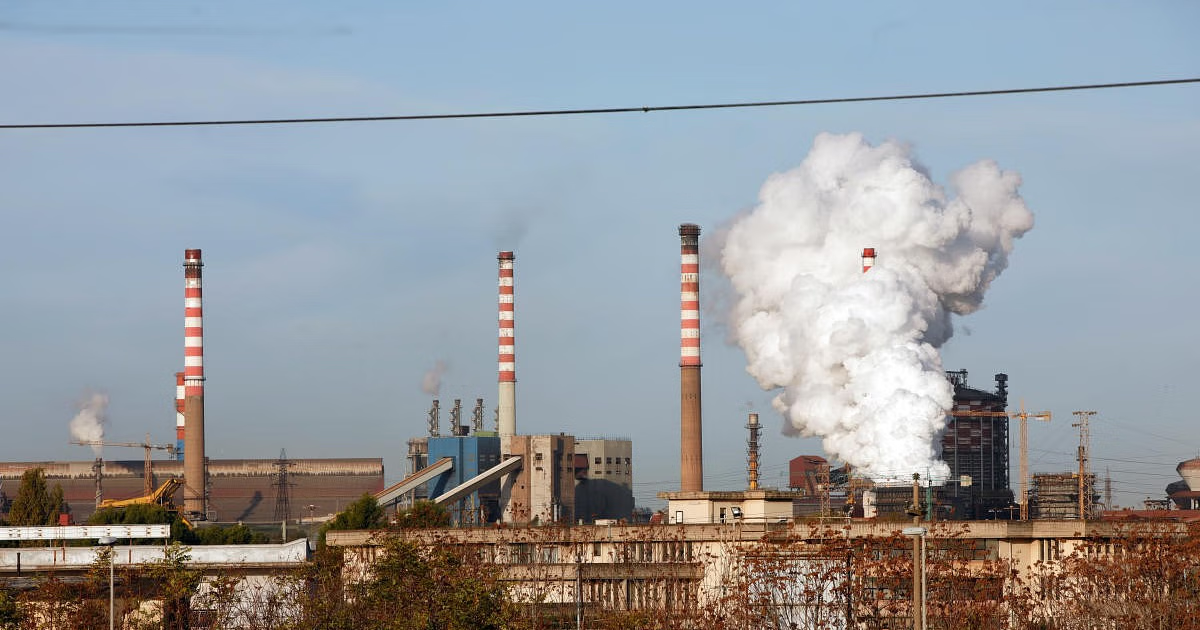Koppal Residents Protest Expansion of MSPL Steel Plant
The proposed expansion of Baldota’s MSPL steel plant in Koppal, Karnataka, has ignited widespread protests among local residents, who are raising alarms about the environmental and health risks associated with the ₹54,000 crore project. What was initially marketed as an economic boon, with promises of job creation and industrial development, has now become a flashpoint for unrest.
The project, which aims to make the MSPL plant Karnataka’s second-largest steel facility, plans to produce 10.5 million tons of steel annually and generate around 15,000 jobs. However, these economic benefits are being overshadowed by the locals’ growing concerns about the severe pollution already affecting the region. Koppal, already home to over 200 industries, is grappling with worsening air and water quality, particularly around the Tungabhadra reservoir and Sandur mining area. The environmental toll of these existing industries, locals argue, is making daily life unbearable. Residents fear that the expansion will only exacerbate the region’s pollution problems, further endangering public health. Many locals have reported difficulty breathing due to the emissions from nearby factories, with night-time pollution being a particularly disturbing issue.
In response, concerned citizens have come together to form a “no-factory” movement, organizing protests and demonstrations in opposition to the expansion. The government’s agreement with Baldota during an investors’ summit in Bengaluru has only intensified public anger. Critics are questioning the priorities of the authorities, arguing that economic growth should not come at the expense of people’s health and well-being. With the issue escalating, activists have announced a bandh (strike) scheduled for February 24, demanding the scrapping of the project. As protests intensify, the future of the steel plant expansion remains uncertain. The government’s response to these protests will be pivotal in determining whether Koppal will have to endure more environmental degradation or if residents’ concerns will be addressed.







